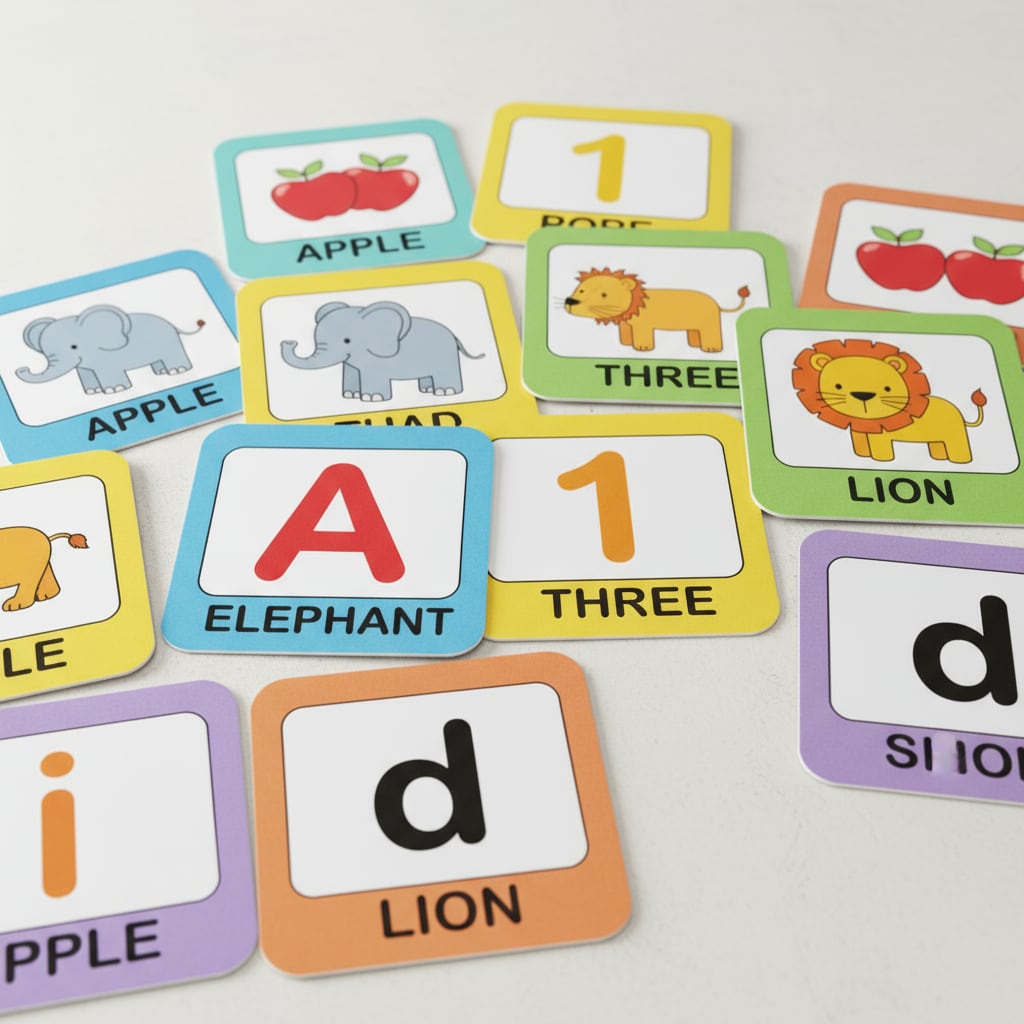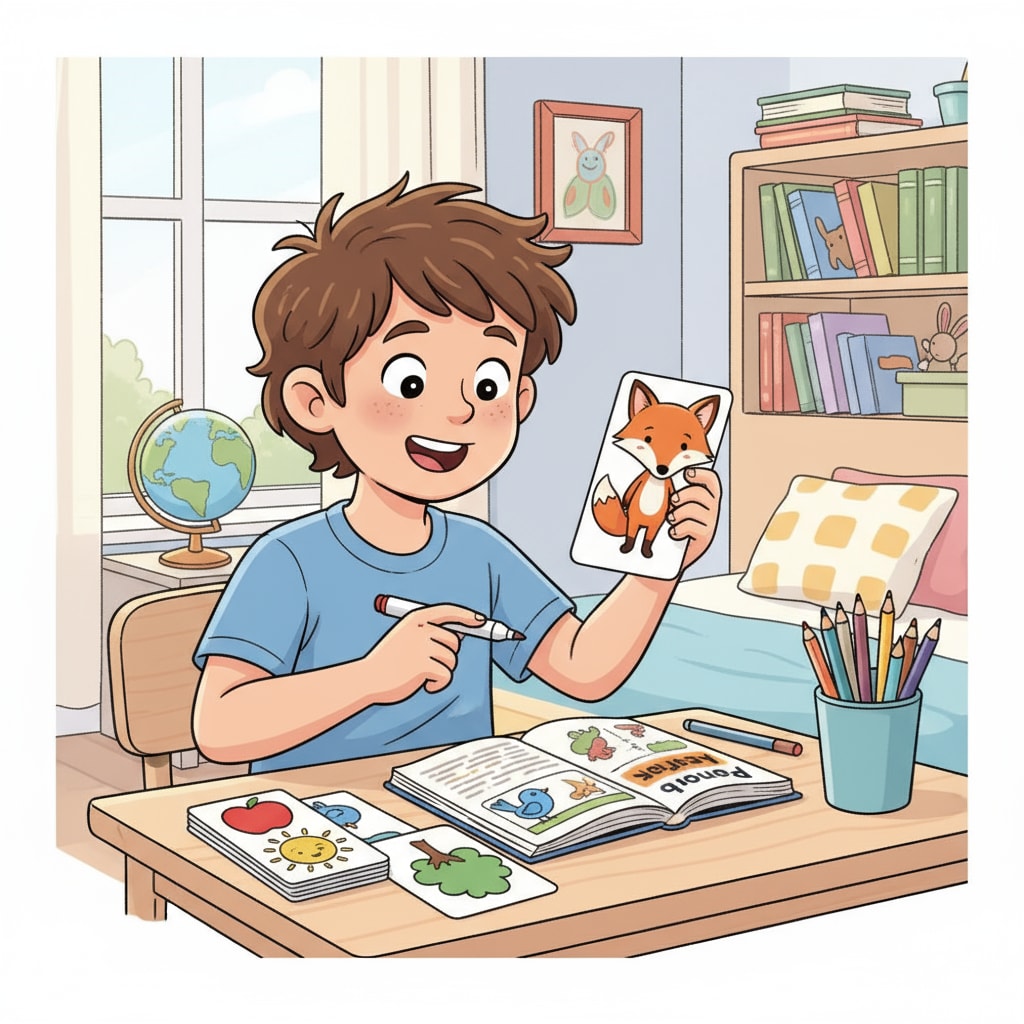In the realm of K12 education, the significance of basic knowledge, flashcard learning, and general common sense cannot be overstated. These elements are the building blocks that shape a child’s cognitive development. Flashcards, in particular, have emerged as a powerful tool to help students master a wide range of basic information, from the number of days in each month to geographical facts.

The Role of Flashcards in Learning Basic Knowledge
Flashcards offer a unique and efficient way of learning. They break down complex information into bite-sized chunks, making it easier for children to absorb. For example, when teaching history, a flashcard can present a single historical event, its date, and a brief description. This focused approach helps in better retention. According to Spaced repetition on Wikipedia, the principle behind flashcard learning, which involves reviewing information at increasing intervals, aids in moving knowledge from short-term to long-term memory.
Selecting the Right Flashcard Resources
When choosing flashcards for children, several factors need to be considered. First, the content should be age-appropriate. For younger kids, flashcards with simple pictures and basic facts are ideal. As they grow older, more detailed and complex information can be included. Second, the design of the flashcards matters. They should be visually appealing with clear fonts and engaging colors. Additionally, look for flashcard sets that come with additional resources like audio explanations or online quizzes. Educational psychology on Britannica suggests that multi-sensory learning, which can be achieved through such additional resources, enhances the learning experience.

Once you have selected the right flashcards, it’s time to start using them effectively. Create a regular study schedule for your child. For instance, set aside 15 – 20 minutes each day for flashcard practice. Encourage active participation by asking them to explain the information on the flashcard in their own words. You can also turn it into a game, like a quiz competition, to make it more fun and engaging.
In conclusion, flashcard learning is an invaluable tool for building a child’s foundation in basic knowledge and general common sense. By carefully selecting the right flashcard resources and using them in an effective manner, parents and educators can help children develop a strong cognitive framework that will serve them well throughout their academic journey and beyond.
Readability guidance: Using short paragraphs and lists helps summarize key points. Provide a list under each H2 when possible. Control the proportion of passive voice and long sentences. Incorporate transitional words like however, therefore, in addition, for example, as a result throughout the text.


